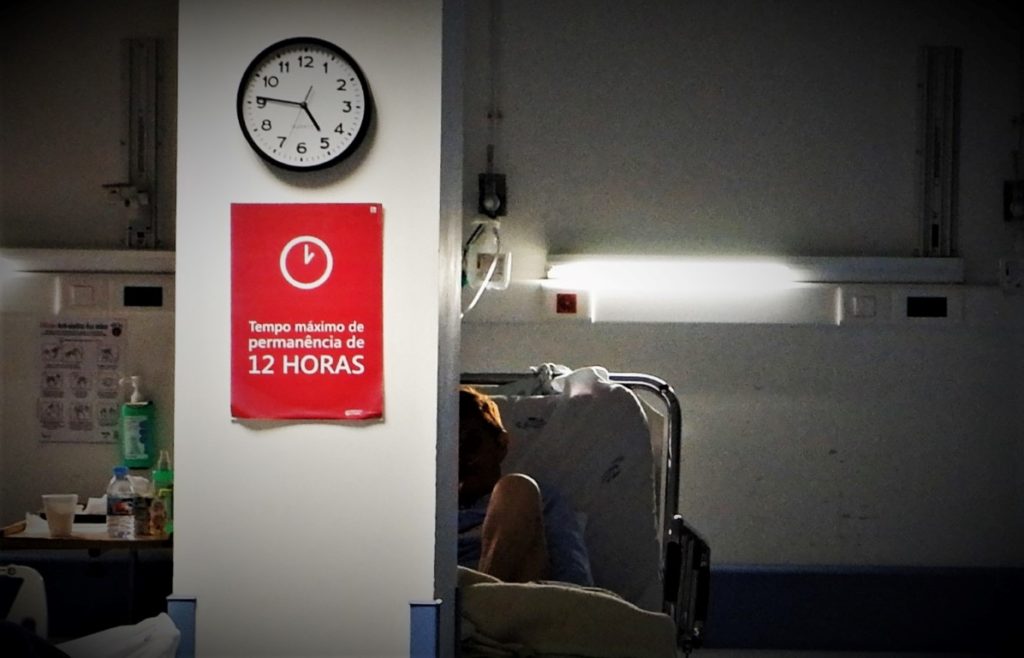Five hundred and eighty people discharged from hospital remain hospitalized and awaiting a place in social responses and continued care, according to the coordinator of the National Plan for Active Aging, who defends a greater focus on home support.
Speaking to the Lusa agency, Nuno Marques recalled that since 2020 and until Monday, 6496 users who were in hospitals had been placed in social responses, highlighting that the coordination strategy with social responses exists and that, this year alone, 1292 were placed people in homes, in a joint action between Social Security and Health.
Regarding the alert launched on Monday by the Hospital de Santa Maria, which revealed that it was having difficulties in admitting patients as it had around 50 beds occupied with users who had already been discharged but were awaiting transfer for social responses and continued care, Nuno Marques highlighted the need to invest more in home support.
“If we can optimize and improve the response at home, people will often be able to go to their homes with some support from their family and these specialized teams”, stated the person in charge, highlighting that “the focus has to be on getting as many people as possible possible at home”, to reduce the number of people who are institutionalized.
This could “open vacancies [in institutions] for those [people] who really need to be in institutions”.
As he explained, the 580 people waiting for a place are mostly users with some dependency, but they are not exactly social cases.
“The number of people with a purely social situation [people who do not have a home] is very low (…). What happens is that people often have an acute health situation (…) and this increases their dependence,” she explained.
Nuno Marques highlighted the difference between social cases and cases that have some dependency, stressing: “When we talk about social cases here, that's not what we're talking about. We are talking about people who have a social need to respond to their physical or mental dependence”.
He argues that the system needs to evolve and be more focused on people's needs, recognizing that the issue of financing “will have to follow this evolution”.
“This will also provide institutions with more adequate financing for the users they have and are supporting,” he added.
In September, data provided by the executive director of the National Health Service – referring to August 31st – indicated that there were 1.600 patients inappropriately hospitalized awaiting social response and vacancies in the National Integrated Continuous Care Network.


















Comments